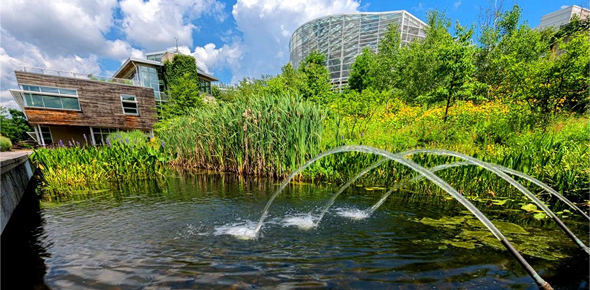
11:00am-12:30pm on Monday 24 March
Alison Richard Building, Room SG2 (ground floor), Sidgwick Site 7 West Road, CB3 9DP
This presentation aims to analyse the historical evolution of the main conceptual premises in the European Community’s self-defining dimensions of development cooperation and environmental sustainability as part of the European integration process.
1) First of all, it addresses the post-WWII de-colonisation context, examining how development concepts were markedly framed by the weight of past imbalances and assymetries in the incipient European integration process. In the longer run, these initial asymmetries would be accentuated by the EC Member States (MS) neglecting of the fact that European integration implied not only individual MS socioeconomic cohesion responsibilities, but equally shared international cooperation and sustainability responsibilities, being the EC/EU also a common player at the global level.
2) Secondly, this presentation studies the shifting paradigms of the diversity of instrumental meanings given to 'sustainable development' in European Union (EU) policy-making in the post-Cold war period. These include: the EU agenda-setting focus on the unifying notion of the compatibility between environmental protection and economic growth; the ‘democracy clause’ for EU development cooperation and its conditionality implications; the ‘ecological modernisation’ (EM) paradigm shift and the inner hindrances to the EU 'sustainability governance' self-assumed principle.
3) Thirdly, this presentation examines the innovation capacity of global and EU civil society and activist movements' mainstreaming of concepts with a determinant social impact, reaching also the collective imagination of agenda-setting in European representative politics in these key realms. The main sources for this presentation come from the EU Historical Archives in Florence and from Oral History interviews with key EC/EU players, including an interview with the Development Cooperation Commissioner who proposed and internationally agreed upon the EU development cooperation 'democracy clause'.

